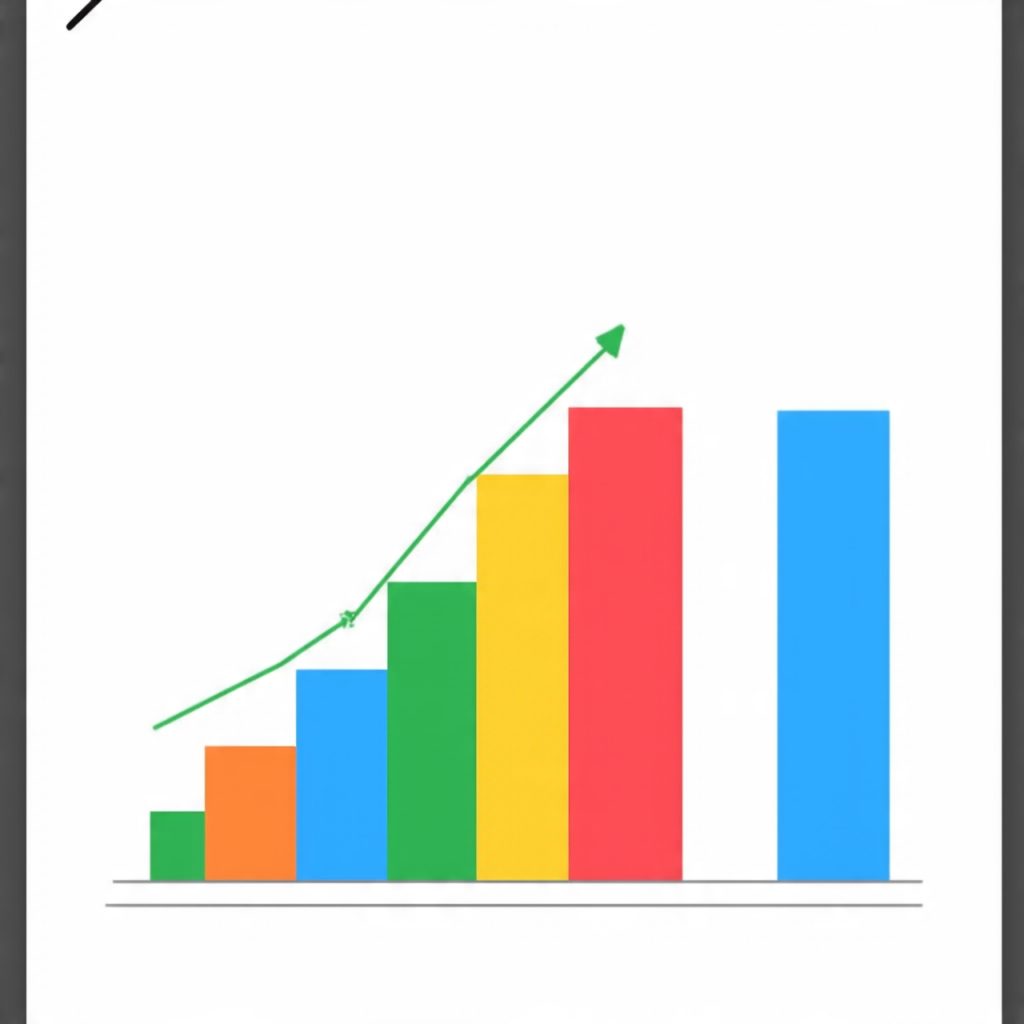Talking about salary can feel uncomfortable—but it’s important. Whether you’re applying for a new job or asking for a raise, knowing what others in your field earn can help you make better decisions.
This 2025 salary guide gives you a clear picture of average monthly pay for common jobs in Nigeria.
📊 Average Monthly Salaries in Nigeria (2025)
| Role | Entry-Level (₦) | Mid-Level (₦) | Senior-Level (₦) |
|---|---|---|---|
| Customer Service Officer | 80,000 – 120,000 | 150,000 – 200,000 | 250,000+ |
| Sales Executive | 90,000 – 130,000 | 180,000 – 250,000 | 300,000+ |
| Accountant | 100,000 – 150,000 | 200,000 – 300,000 | 400,000+ |
| Software Developer | 150,000 – 250,000 | 350,000 – 600,000 | 800,000+ |
| Administrative Officer | 70,000 – 100,000 | 120,000 – 180,000 | 220,000+ |
| HR Officer | 90,000 – 130,000 | 180,000 – 250,000 | 300,000+ |
| Digital Marketer | 120,000 – 180,000 | 200,000 – 300,000 | 400,000+ |
| Nurse (Private Hospital) | 60,000 – 90,000 | 100,000 – 160,000 | 200,000+ |
| Civil Engineer | 120,000 – 200,000 | 250,000 – 350,000 | 500,000+ |
💡 What Affects Salary in Nigeria?
Your pay depends on more than just your job title. Factors include:
-
Location – Lagos and Abuja usually pay more than smaller cities
-
Experience level – The more skills and years, the higher the pay
-
Company size – Big firms tend to offer better packages
-
Industry demand – Tech and finance usually pay higher than education or hospitality
📍 Cities With the Highest Average Pay
-
Lagos – Highest salaries overall
-
Abuja (FCT) – Strong in public and legal sectors
-
Port Harcourt – High pay in oil & gas
-
Ibadan & Enugu – Growing fast, especially in health and education
Use this salary guide to:
-
Set realistic salary expectations
-
Negotiate confidently
-
Make smarter career moves
Remember, salary is just one part of your total compensation. Benefits, bonuses, and work-life balance also matter.






